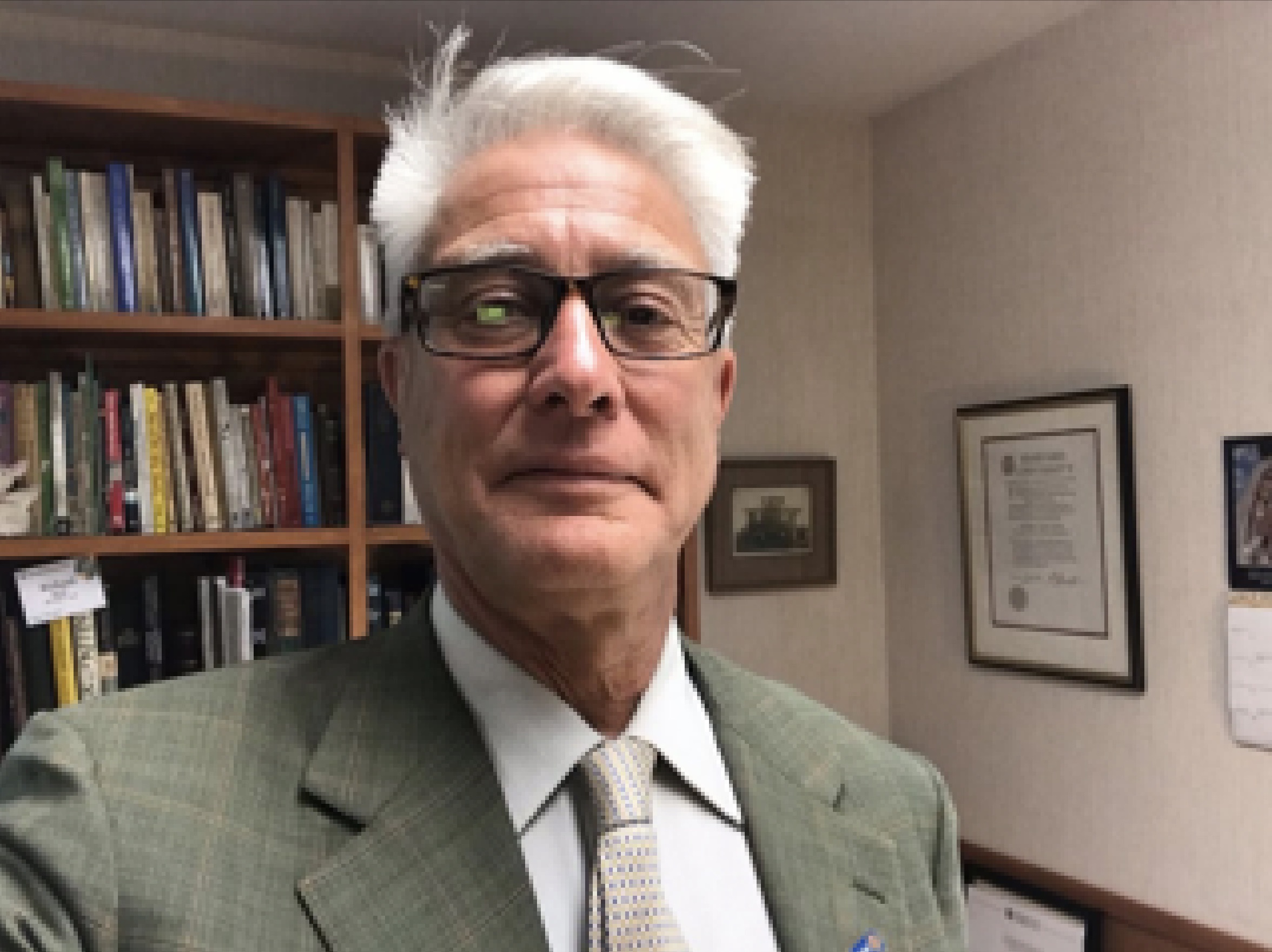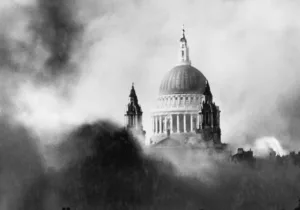The first statue ever erected in Washington that is still in place is the suddenly much-contested one of President Andrew Jackson, dedicated on January 8, 1853, the thirty-eighth anniversary of his victory in the Battle of New Orleans. A crowd of 20,000 gathered for the event, at which Senator Stephen Douglas was the keynote speaker.
There it is at the northern extreme of the vast greensward that forms a Latin cross in the heart of Washington, in front of the White House, in the middle of Lafayette Square: a statue of Jackson in military uniform forever rearing up on his steed, facing west, hat raised in jaunty salute. Clark Mills was the sculptor of this first equestrian statue in the country. His name appears in small, barely readable letters on the plinth near the horse’s rear left hoof.
Andrew Jackson belongs here in front of the White House because of his victory in the Battle of New Orleans, two elections to the presidency (both by wide margins), and his contribution to the debate over national union—which was characteristically terse, unmistakably clear, and immortalized on the base of this statue:
OUR FEDERAL UNION
IT MUST BE PRESERVED.
The quotation dates from a formal dinner on April 13, 1830, to celebrate the birthday of Thomas Jefferson, at that time an annual affair for leaders of the Democratic-Republican Party, the party of Jackson and Jefferson, now the Democratic Party. The nullification crisis was at a boiling point. The great Webster-Hayne debate had just taken place. President Jackson, Vice President John Calhoun, a hundred congressmen, and cabinet members all attended. The planners of the event were mostly southerners. Twenty-four toasts were on the program. All but seven turned out to be ringing endorsements of states’ rights, with an implied endorsement of South Carolina’s threat to refuse to pay (nullify) the tariffs recently approved by Congress.
Several of these toasts, to Jackson’s mind, bordered on sedition. Everyone wondered how the visibly seething president would contribute to the round of toasts. Finally he rose. “Our Union, it must be preserved,” he roared, glaring directly at Calhoun, a proponent of nullification.
Not long afterward, a congressman from South Carolina came to the White House to confer with Jackson before departing for home during the congressional recess, asking him if he had any message to convey to his friends in the Palmetto State. “Yes, I have,” said the president. “Please give my compliments to my friends in your state, and say to them that if a single drop of blood shall be shed there in opposition to the laws of the United States, I will hang the first man I can lay my hand on engaged in such treasonable conduct, upon the first tree I can reach.”
Andrew Jackson had much the same to say of secessionist sentiment in New England during the unpopular War of 1812. For his unshakable resolve to maintain the Union, he well deserves this monument in the center of Washington. The statue indeed is a powerful presence. It should stay where it is, if for no other reason than because it inspired Abraham Lincoln as soon as he took office.
Carl Sandberg relates that representatives of the Baltimore Young Men’s Christian Association visited Lincoln in April of 1861 and urged him to recognize the Confederacy. Lincoln responded, “You, gentlemen, come here to me and ask for peace on any terms, and yet have no words of condemnation for those who are making war on us. You express great horror of bloodshed, and yet would not lay a straw in the way of those who are organizing in Virginia and elsewhere to capture this city… You would have me break my oath and surrender the government without a blow. There is no Washington in that—no Jackson in that—there is no manhood or honor in that.”
Andrew Jackson was one of the most difficult and ill-tempered people ever to be president of the United States. He was slashed by a British officer during the Revolution and wore the scar across his forehead for the rest of his life. He was wounded in a duel before mortally wounding his counterpart. The ball from this wound remained in his body, too near his heart to operate on, until he died at 78. He owned slaves. He was ruthless in battle, whether he was fighting the British Army or Native Americans. His hatred of financial elites and the Bank of the United States greatly harmed, according to most economists and historians today, the American economy in general and the common people who voted for him.
Nonetheless, we have one nation today thanks to Jackson, Lincoln, and many others who behaved in ways and expressed themselves in terms that many, if not most of us, would find at least strange if not offensive. We probably would not enjoy having any of them over for dinner.
If a mob can tear down the statue of a twice popularly elected president, just think of what a mob may someday do to a statue of your favorite public figure, or you personally. We may not have any statues left. We may not have a nation either.
Every statue on public land in America is there because of a vote of Congress, a state legislature, city, or county council. These are the bodies to whom we should appeal if we want these statues replaced.







 Live in the DC area? Sign-up for Providence's in-person events list!
Live in the DC area? Sign-up for Providence's in-person events list!